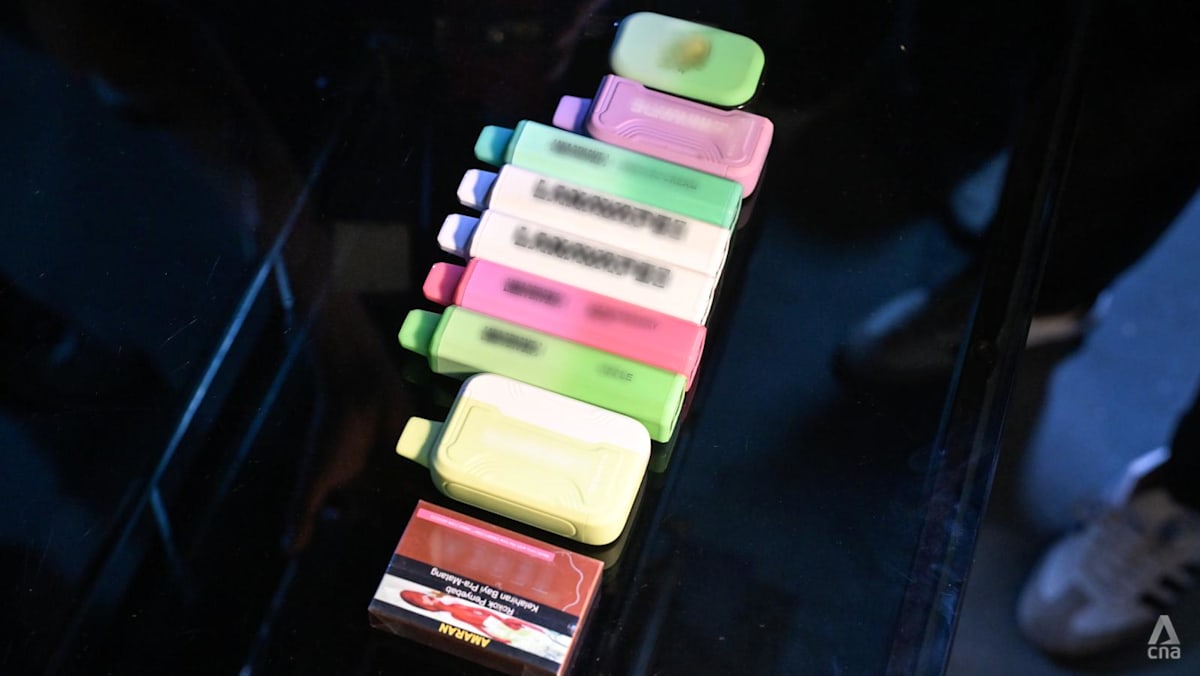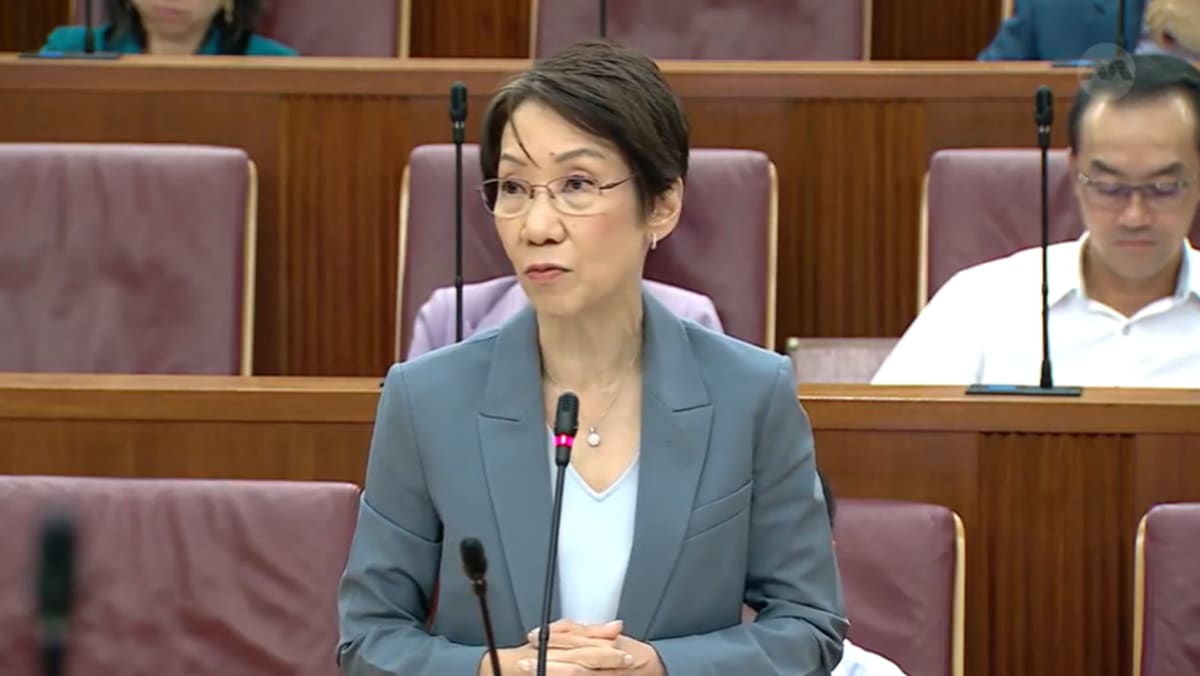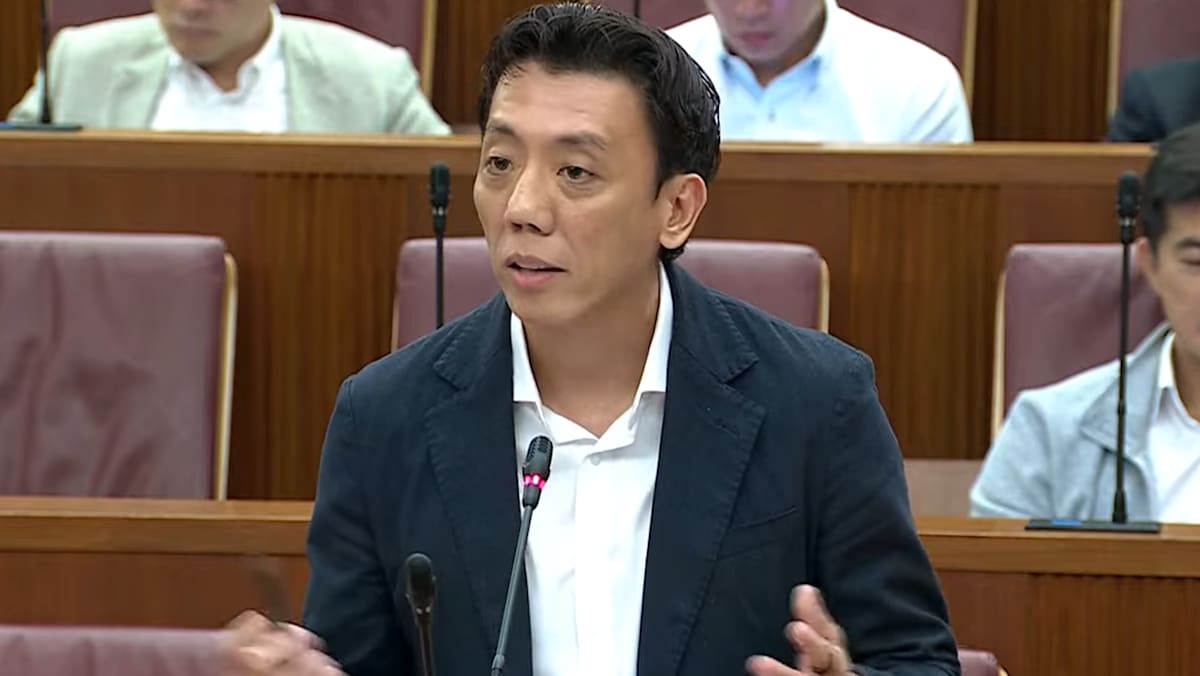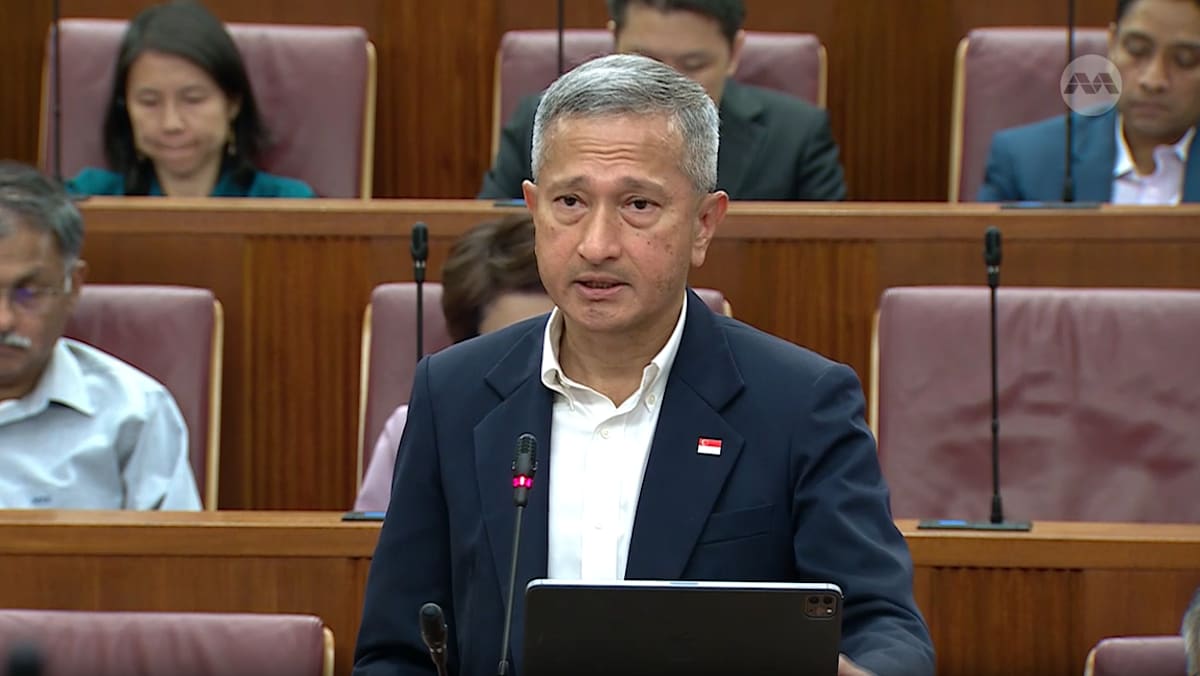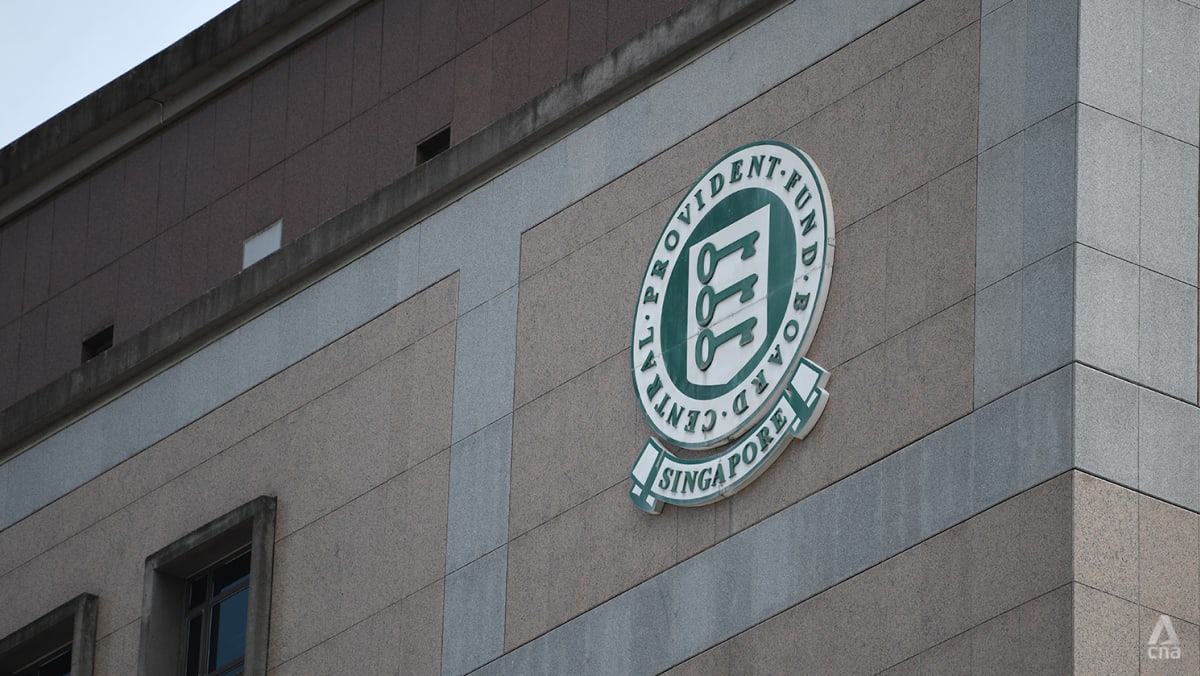UPDATES ON VAPE CASES
Also addressing questions on vaping, Health Minister Ong Ye Kung said the Health Sciences Authority (HSA) has detected almost 10,000 cases of possession or use in the first eight months of this year. Among users, more than half are under 25 years old, he added.
During the same period, HSA also found 38 cases of vape supply.
On etomidate-laced vapes, there were 70 cases of possession or use of such devices this year.
Mr Ong also provided updates on the various measures introduced since the launch of the whole-of-government response announced on Aug 28.
More than 2,800 online advertisements, including those found on messaging platforms, were removed between January and August this year.
Since listing etomidate as a Class C drug, there are now more than 10,000 officers empowered to enforce against vape-related offences.
Relevant agencies have been conducting joint raids at night spots and operations at institutes of higher learning, added Mr Ong.
Noting the importance of public vigilance to detect offences, the minister said HSA has received over 4,600 hotline reports between January and August, and more than 1,400 reports through a new online form launched in late July.
The “Bin the Vape” initiative was also introduced to encourage vape users to dispose of their e-vaporisers. About 6,000 vapes and components were collected in the bins from Jul 25 to Aug 31.
“These devices have been properly disposed of; no testing was done of their contents because that will take up a lot of our testing resources,” said Mr Ong.
Adding that this was meant to be a “time-limited initiative”, he said: “We have since reduced the number of bins and located them in specific locations, such as border checkpoints and where rehabilitation programmes are provided.”
Rehabilitation programmes have also been stepped up, such as QuitVape and I Quit, to support users to kick the habit.
From Sep 1 to Sep 14, 74 people have signed up for these programmes, Mr Ong said.
MP Dennis Tan (WP-Hougang) had also asked about the government’s assessment of the risks and ease of manufacturing etomidate and its analogues within Singapore and whether there are plans to phase out the use of etomidate in medical settings.
Mr Ong said it is “unlikely” that production of etomidate vapes will take root in Singapore given the country’s strong stance against substance abuse.
He added that etomidate remains a useful anaesthetic agent, particularly in emergencies for intubation purposes.
“We have no plans to phase it out. Its handling has been well-controlled, previously under the Poisons Act and now under the MDA,” said the minister.
He also said that the Ministry of Health (MOH) and the Ministry of Home Affairs (MHA) will work closely to coordinate efforts against vaping, in response to a supplementary question by MP Ang Wei Neng (PAP-West Coast-Jurong West).
Previously, there used to be two separate sets of people: those who smoke or vape, and those who take drugs.
“But now you have a vape device – it is a delivery device that contains the drugs. The front end is controlled by MOH, the controlled substance is regulated by MHA,” added Mr Ong.
“The landscape (has) changed, the two ministries have to work closely together and coordinate this.”





